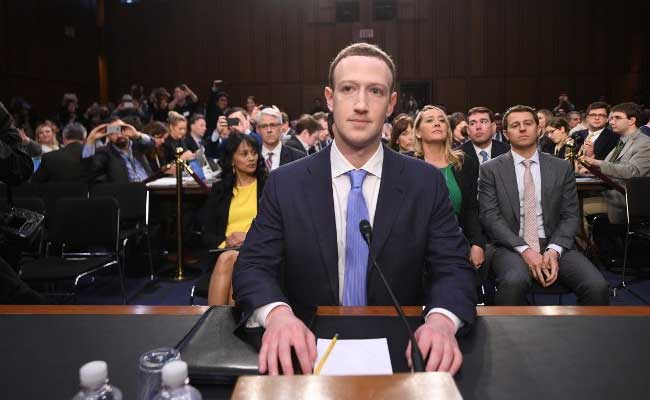Facial Recognition Technology Will Change Your Life
Any celebrity can tell you that fame comes at a price. If millions of people know who you are and recognize your facial features, you can attract an awful lot of unwanted attention.
You may be thinking: “So? I’m not a celebrity, so this has nothing to do with me.”
Don’t be so sure about this. With recent advances in facial recognition tools, you too may suffer this aspect of fame. Yes, when you’re out of your house, complete strangers could recognize you and track your every move.
Much of this you bring on yourself. Consider, for example, your use of social media. You post what you eat, what TV shows you watch, where you meet your friends for drinks, and even what your pets are doing. All this personal information you post on platforms such as Facebook and Instagram means anyone who cares to look can easily find you with a browser search.

September 10, 2001
As if this doesn’t leave you exposed enough, small, easily concealable cameras are nearly everywhere. Add a few minor tweaks to facial recognition technology which, when it becomes just a little cheaper and more readily available, will enable nearly anyone to follow nearly anyone else in real time.
Your privacy, then, could soon become extinct. Everything you do away from home- and when you do it- will be accessible to the world at large..

How did we get here?
Take a close look at the photo above. Here you see Mohammed Atta and Abdulaziz Alomari, two of the most import conspirators in the 9/11 terrorist attacks, passing through an airport security checkpoint. The next day, Atta and Alomari would hijack Flight 111 from Boston and fly it into the North Tower of the World Trade Center. They and their co-conspirators would murder 2,977 people.
To counter-terrorism professionals, this is one of the most disturbing of all 9/11-related images. It disturbs not for what it displays, but what it implies.
The photo demonstrates that law enforcement and intelligence professionals had the information to prevent the 9/11 atrocities. Atta and Alomari had been testing airport security systems for months, and were on federal watch lists. But airport cops couldn’t recognize and stop the pair, lacking the necessary facial recognition tools and image database.
Law enforcement and intelligence adopt FR
Following the 9/11 atrocity, the U.S government strove to make up for lost time. Security experts wanted advanced facial recognition tools- and fast. Electronics firms were happy to meet the new demand, and continually refined their cameras and algorithms to capture ever greater detail, nuance, and accuracy. Software engineers developed machine learning apps that could sift through gigantic image databases almost instantaneously, eliding over irrelevant photos.
Now the technology is nearly perfect. Chinese police recently used facial recognition tools to find a suspect in a dense crowd of 50,000 concert attendees. The PRC also uses the tools to catch jaywalkers and send them instant fine notifications.
Amazon, one of the leaders in the field, sells a real-time facial recognition system, called REKOGNITION, to police departments all over the U.S.
Commercial uses multiply
September 12, 2017 is another signature date in the history of facial recognition. On that date, Apple unveiled the iPhone X. Previous face-scanning phones could be spoofed easily with masks or video. The iPhone X could not. It was the first phone with a truly safe face-scanning security portal.
The success of the iPhone X has opened up other possible uses:
- Automated tagging of individuals on Facebook and Instagram
- Recognition of, and automatic adjustment of seat and steering wheel placement for, each authorized driver of a car driven by several people
- Flagging of frequent hotel guests immediately on their entry into the lobby, so they can bypass the usual desk check-in, and their room doors will open automatically as they approach
- Streamlining of airport security checks… Your face will be your boarding pass.
- More convenient shopping… At an FR-enabled retail store, you simply walk in, pick up the goods you want to buy, and walk out. You never have to produce cash or swipe a card. The store automatically deducts the price of your purchases from your credit card.
- Highly personalized advertising… As you pass a billboard, a kiosk, or a mall sign, it will display ads tailored to your known interests, and may even call you by name.
Don’t call any of this far-fetched. Some of these applications have been implemented already. Others are on the way, and will reach consumer markets shortly.
Can facial recognition threaten your privacy or safety?
FR Technology brings many benefits, but there may be a few drawbacks in it. It could become a serious threat to your privacy, or even your career or your safety.
In a future post, we will explore the dangers of FR technology in detail.
For the best deals in internet service, contact Satellite Country. We can help.










